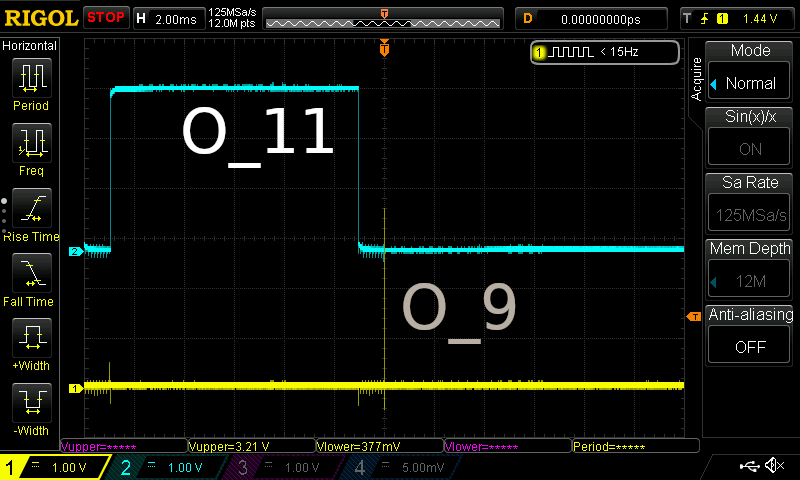They actually renamed the types which makes everything even more confusing
quiescentcurrent
Yeah, unfortunately fast data and fast charging are two independent characteristics...
The thing is from Austria though?
Pretty much. I'm not even sure if regular USB ports can talk to pins individually, let alone test them for shorts.
Interesting, I just uploaded the .mp4 directly to lemmy and assumed this to be working. How else would you share a gif/short video?
Not sure what else, but the thing can tell you if a cable is USB2.0, USB3.0/3.1/.. or just for charging.
I could design and produce a small batch of those adaptors.
Would anyone be interested in getting a prototype and helping to test it?
You're 100% right, I've lost 'i' somewhere in my debugging process
byte upper_byte = input_bin >> (8+i) ; byte lower_byte = (input_bin >> i) & 0x00FF;
Good idea, I've tried usleep after all lines, but no change..
You're probably right, but that should only change the order of the outputs right?

I have one of those, it may pass as the great grandfather ;)